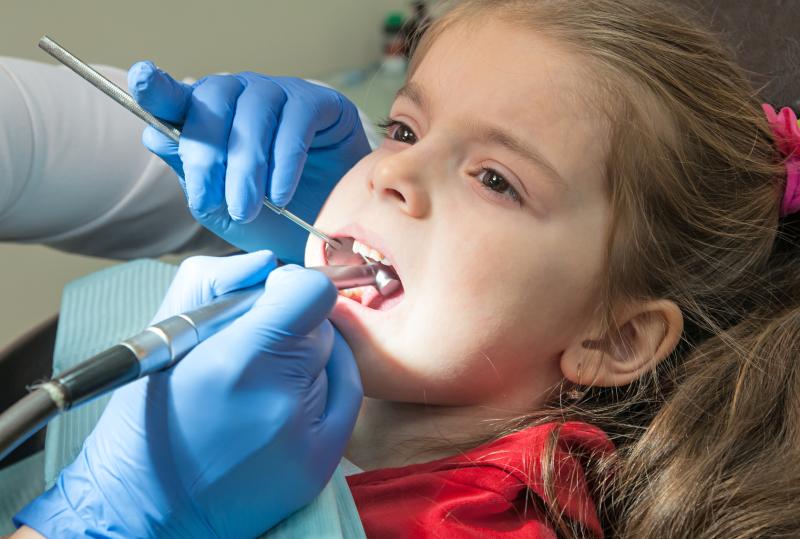
Prolonged breastfeeding does not lead to early childhood caries (ECC), a recent study has shown, noting the need to limit foods high in free sugars to reduce the prevalence of ECC.
No independent association was found between breastfeeding beyond 1 year of age and ECC (prevalence ratio [PR], 1.12, 95 percent confidence interval [CI], 0.67–1.88). However, the direction of effect suggested a possible association.
Of note, the factors independently associated with ECC were the following: high intakes of free sugars (PR, 1.97, 95 percent CI, 1.13–3.44) and greater socioeconomic disadvantage (PR, 2.15, 95 percent CI, 1.08–4.28). Most participants who were breastfed at age 1 year had stopped by 18 months or 2 years.
“Given the wide-ranging benefits of breastfeeding … recommendations to limit breastfeeding are unwarranted, and breastfeeding should be promoted in line with global and national recommendations,” the authors said.
This study sought to examine the relationship between dietary practices and ECC in a birth cohort of Australian preschoolers. To determine the prevalence of ECC (based on the presence of decayed, missing or filled tooth surfaces), participants had a standardized dental examination at age 2–3 years.
Breastfeeding practices were reported at 3, 6, 12 and 24 months of age, while free sugar intakes were evaluated at age 1 and 2 years. The authors used multivariable regression models to estimate PRs for the association between ECC and breastfeeding duration and between ECC and sleep feeding practices at 1 year, controlling for sociodemographic factors and free sugars intake.